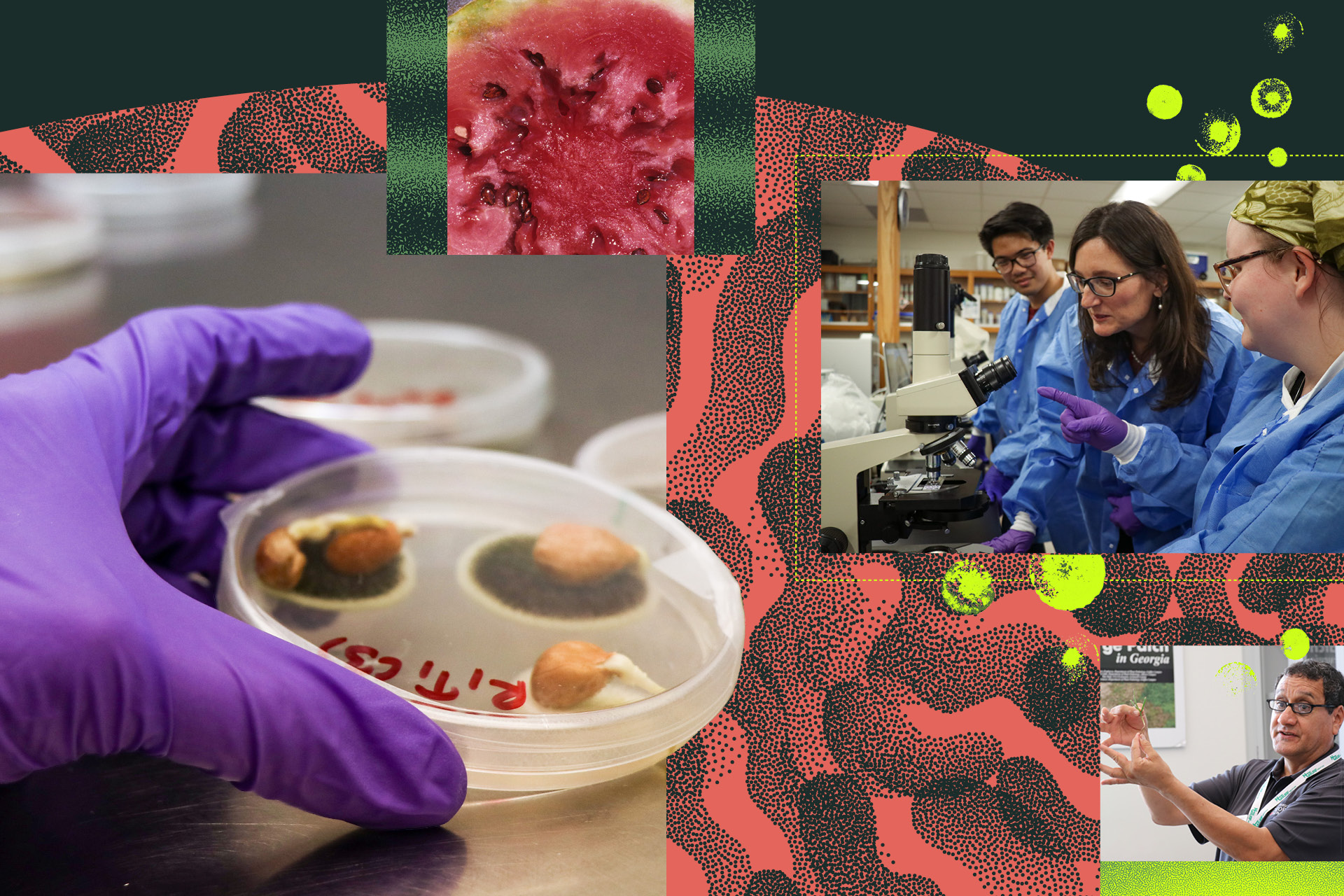 CAES News
CAES News
Plant Pathology
For more than a century, generations of researchers in the University of Georgia's Department of Plant Pathology have been at the leading edge of knowledge and innovation. As these researchers pass down their knowledge, their foundational scientific exploration helps safeguard crops, advance agricultural practices and ensure food security, not only in Georgia but far beyond its borders.

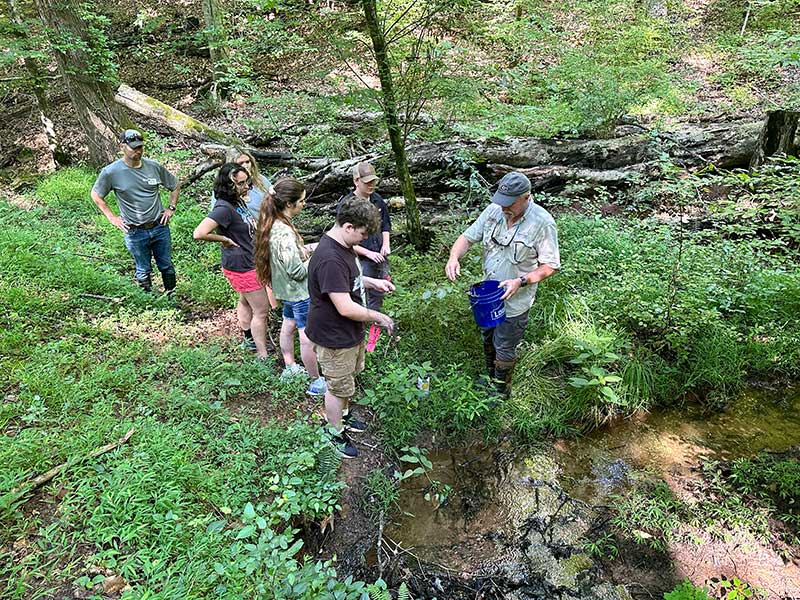
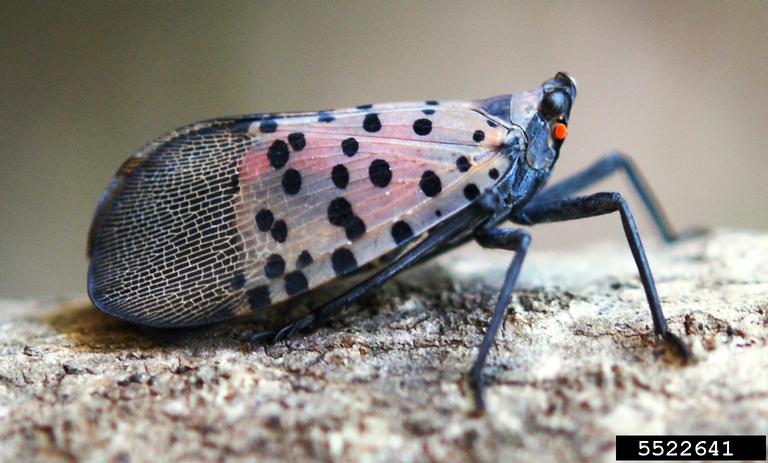
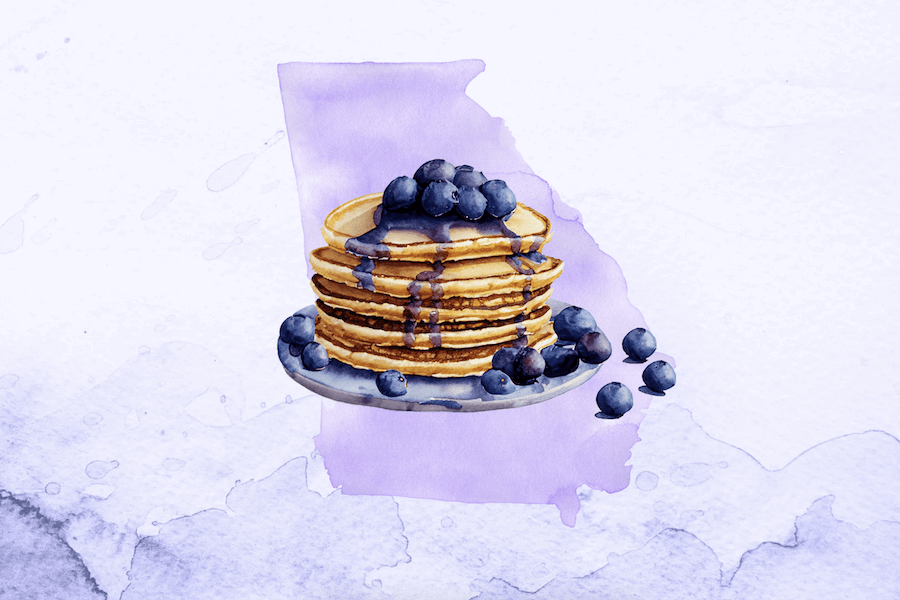
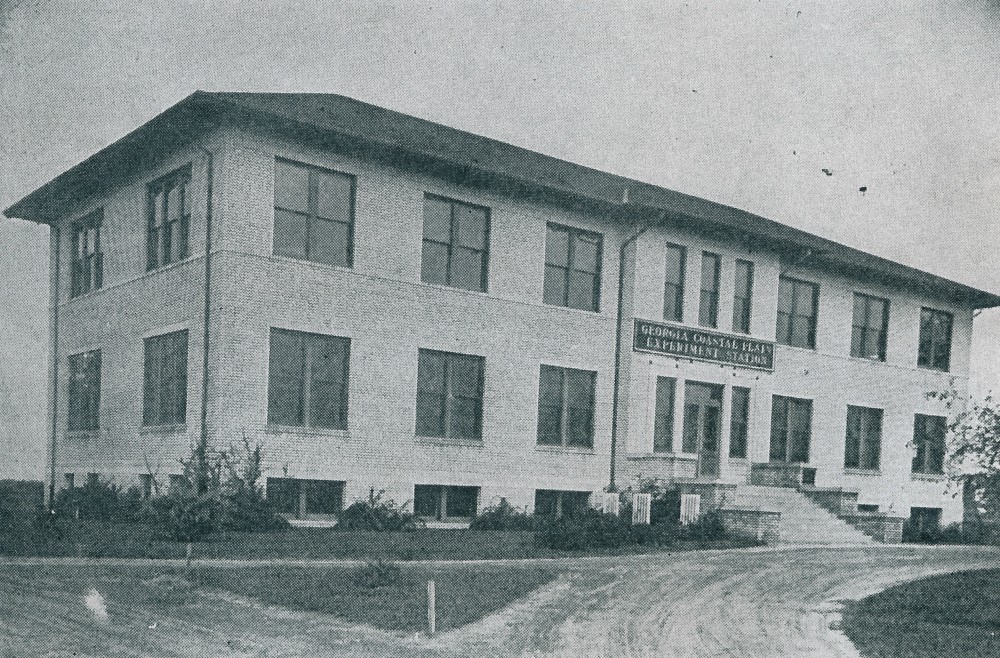

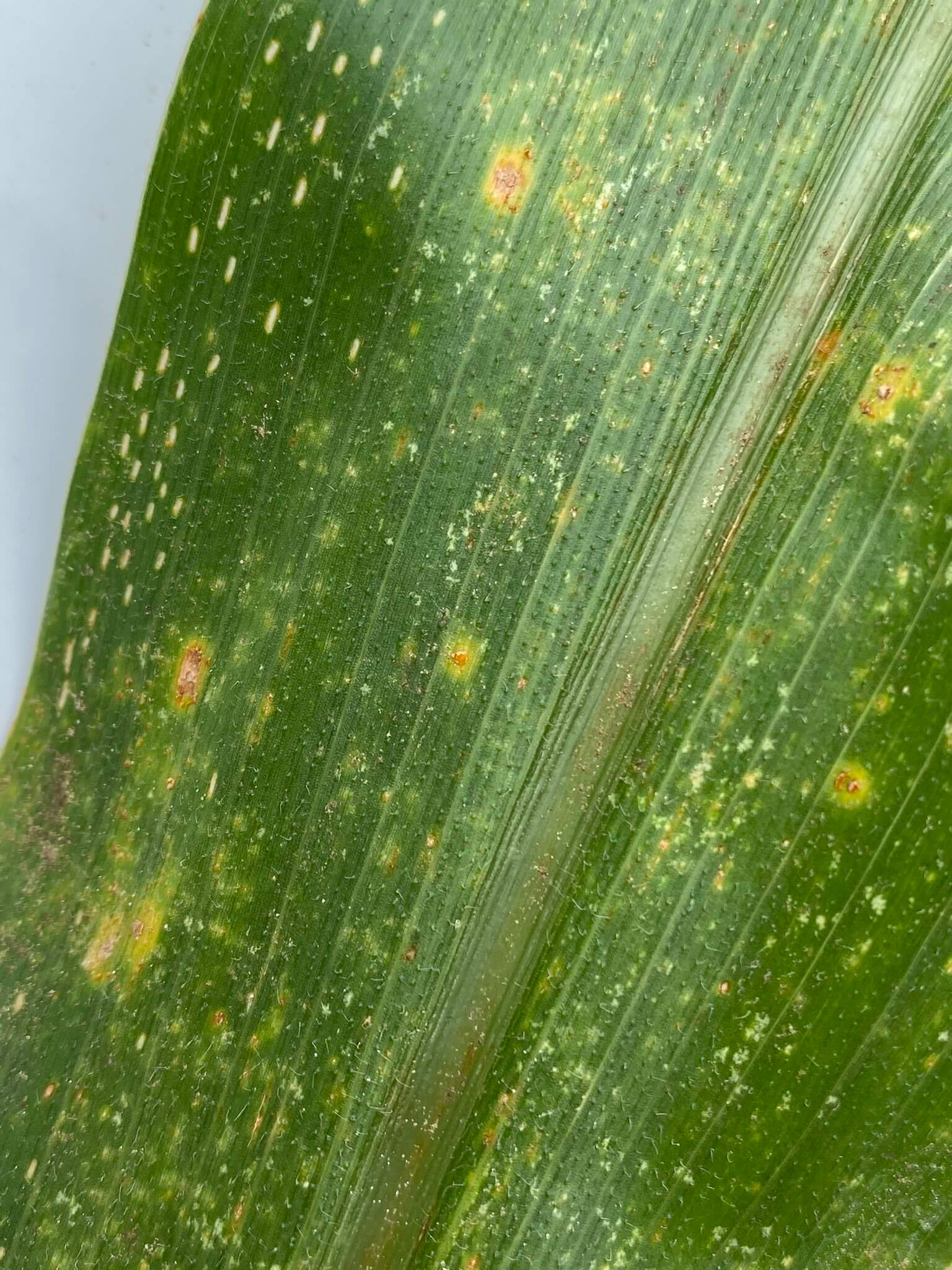
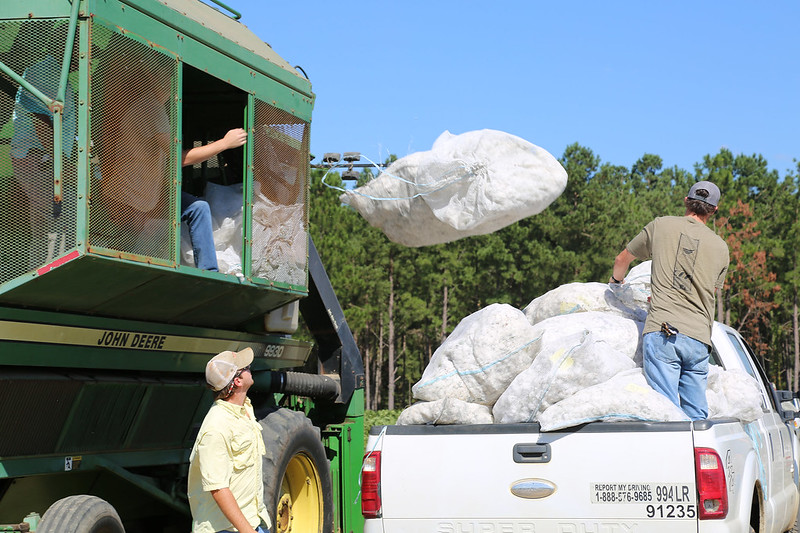
-(1).jpg)